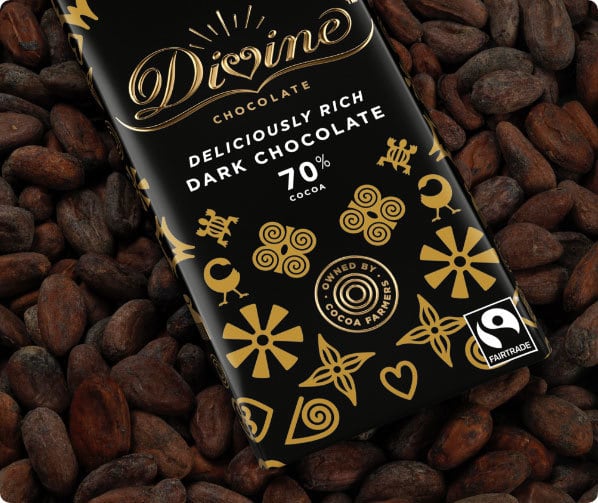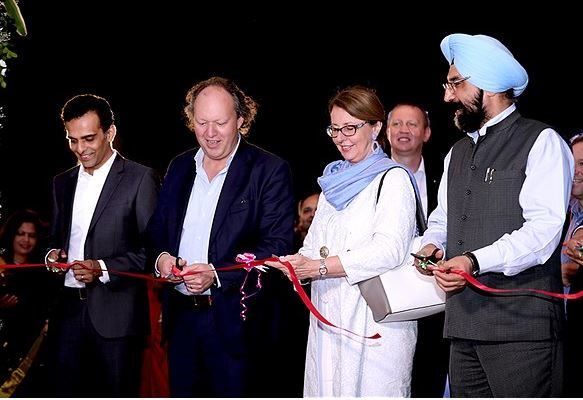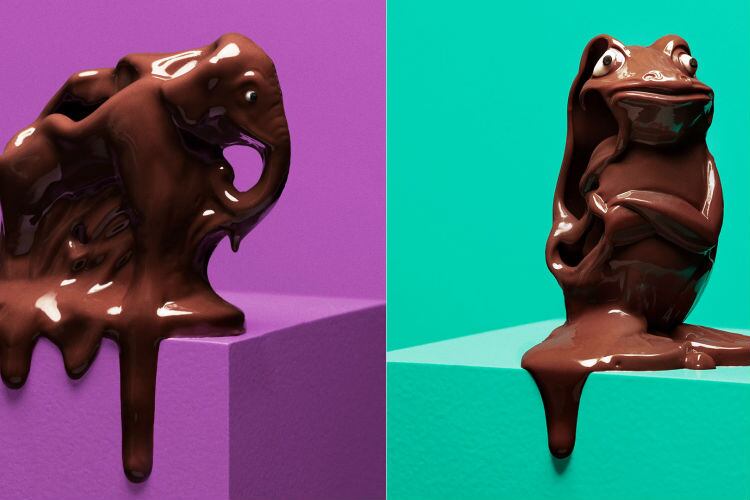It carried out research with 1,200 UK consumers on environmental issues, purchasing decisions and brand loyalty and the results showed; brand loyalty is the lowest among 16-24 year-olds; men are more likely to switch or boycott a brand; environmental pollution and overuse of packaging is a major concern.
'Boycotting products'
According to Mark Chamberlain, MD, Kantar UK, over three-quarters (77%) of UK grocery shoppers have, in the last 12 months, switched, avoided or boycotted buying certain products, or would consider doing so in the future, based on a brands’ environmental policy.
“The rise in responsibility and conscious consumerism is being influenced by a top-down approach as the consumer voice grows and pushes forward environmental and social agendas,” said Chamberlain.
“Consumers now expect the FMCG industry to be driven by some direction other than simply making a profit.
“These values are fast becoming key assets in helping boost brand value whilst projecting a positive corporate image, and by doing so businesses can demonstrate a clear sense of purpose.
“This is what consumers are now looking for in today’s brands, and this preference will only intensify as the next generation comes of age.
“Purpose-led FMCG brands enjoy stronger growth and a deeper connection with consumers.”
The results of the survey found; brand loyalty is lowest among 16-24 year-olds with 87% saying they have switched or might do so, with more males (24%) switching or boycotting brands than females (18%).
Responses differ among generations as well, with 40% of Millennials saying they have avoided buying, or decided to choose a different brand over the last 12 months, compared to 9% of Baby Boomers.
However almost half (46%) of this generation of 55-65+ year-olds said while they hadn’t switched or boycotted brands in the last year because of their environmental credentials, they might consider doing so in the future.
It found 76% of consumers believe the FMCG industry needs to publicise the positive work it is doing to address environmental problems.
“Responsible living is being driven by cross-generational groups of ‘woke’ consumers that look towards inspiring brand heroes as change leaders,” added Chamberlain.
“Governments and organisations are being forced to listen and respond to consumers’ demands for greater transparency as businesses strive to become more purposeful.”
Positive change
Almost 90% of respondents surveyed agree brands need to take more responsibility for the waste they produce and the impact it has on our environment. This sentiment was high across all age groups (>82%) but highest among those aged 65 and over (92%).
Three-quarters of shoppers agree, due to inaction from many of the world’s governments, they want brands to act as forces for positive change in our society.
However, when questioned about their response, over 70% of all consumers agreed that efforts by businesses to protect the environment are ‘too little, too late’, with younger generations of Millennials agreeing most with this statement (78%).
Consumers ranked global warming as their number one environmental concern (25%), followed by the overuse of plastic and other forms of packaging (18%) and then deforestation and the loss of biodiversity (14%).
They appeared less concerned about the depletion of the ozone layer (4%), extraction of fossil fuels from the earth and natural resource depletion (5%), overfishing of our seas (6%) and household/industrial waste (8%).
These and many other of today’s environmental issues are caused, in part, by a lack of responsibility taken by some of the world’s leading brands, say 83% of consumers; a sentiment expressed most among 25-34-year-olds (88%).
UK brand Divine Chocolate is an FMCG brand that has earned greater trust from consumers due to its genuine commitment to becoming more transparent and respect for the environment. While Waitrose has committed to no plastic and glitter in its Christmas crackers in 2020, Tesco has stopped using plastic bags for home deliveries and Morrisons now allows customers to use their own reusable containers at their meat, fish and cheese counters.
The most-loved brands will be those that attempt to achieve a zero-carbon footprint by re-thinking operations and finding solutions that are fully sustainable both for the environment and the business bottom line.
Other key trends:
- Plastic problem - Over half (53%) of consumers rank the overuse of plastic and other types of packaging as one of their top three environmental concerns. More women than men are concerned about it (58% v 49%), with 45-64 year-olds expressing most concern across all age groups (60%).
- Buying decisions – 82% of 25-34 year-olds say they sometimes or always check a brand’s commitment towards sustainability, the environment and saving the planet before making a purchase.
- Taking responsibility – Almost 90% of consumers agree that brands need to take more responsibility for the waste their products create and the impact it has on the environment, with 50% ‘strongly agreeing’. This sentiment is strong across all age groups (>82%) and is highest among the 65+ cohort (92%).
- Younger generations – Those most concerned with the issue of global warming are 16-24 year-olds, the youngest age group overall, with 65% ranking it as one of their top three concerns; of those, over one-third said it was their number one concern.
- Boycotting brands - 76% of consumers said they had boycotted buying certain clothes, had switched brands in the last 12 months or were thinking of doing so because of a brand’s environmental policies.




